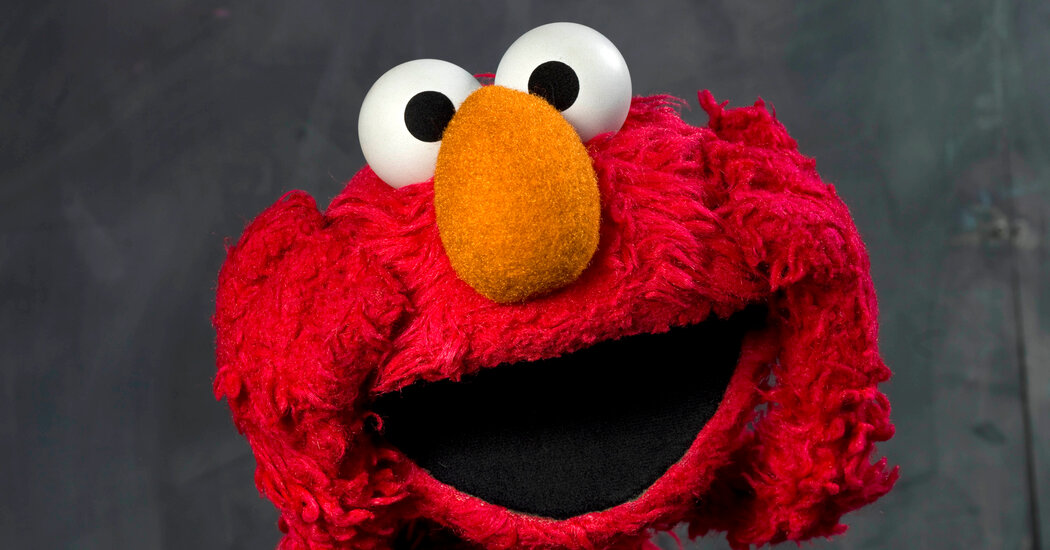On Monday the X account for Elmo, the fuzzy red monster from “Sesame Street,” posed a softball question to its 457,000 followers: “Elmo is just checking in! How is everybody doing?”
In thousands of responses, social media users let Elmo know that no, actually, they were not doing too hot.
“Elmo I’m depressed and broke,” one wrote. Others told Elmo that they had been laid off, that they were anxious about the 2024 election, or that their dog had rolled around in goose feces.
“Elmo each day the abyss we stare into grows a unique horror,” read a response posted by Hanif Abdurraqib, a poet, essayist and contributor to The New York Times. “One that was previously unfathomable in nature. Our inevitable doom which once accelerated in years, or months, now accelerates in hours, even minutes.”
The response continued: “However I did have a good grapefruit earlier, thank you for asking.”
According to X’s metrics, Elmo’s question was seen more than 140 million times. Samantha Maltin, the executive vice president, chief marketing and brand officer of Sesame Workshop, the nonprofit organization behind “Sesame Street,” said that Elmo might not have been prepared for all the emotional fatigue shared in response.
“I don’t think anyone anticipated how deeply this particular question would resonate,” she said in an interview. “But we’re so thrilled that we did ask.”
Ms. Maltin thinks the overwhelming engagement with Elmo’s post points to a dire need for free, easy-to-access mental health resources, she added.
Social media accounts for Elmo, Big Bird, Grover and other “Sesame Street” characters are run by a four-person team at Sesame Workshop. (Big Bird’s account had an online spat with Senator Ted Cruz of Texas in 2021 after posting about the Covid-19 vaccine.)
Those accounts aim to function as an extension of the characters’ voices and interests, and to promote the educational content that Sesame Workshop provides for children and parents. Asking open-ended questions is a strategic way to drum up engagement with the accounts, Ms. Maltin said.
This was not Elmo’s first brush with an internet dog pile: In 2022, his rant about a pet rock named Rocco also went viral on social media, leading many users to respond by venting their own feelings of frustration.
Why does Elmo keep getting dragged into the pits of despair? Perhaps it’s because the monster evokes a strong sense of nostalgia for many people, said Jess Maddox, an assistant professor of digital media at the University of Alabama.
Elmo is a “beloved childhood character that we associate with a simpler time in our lives,” she said. When Elmo pops back into the social-media feeds of adults facing burnout, inflation and a complex geopolitical situation, she said, many may find it hard not to vent about how their lives have changed.
Plus, compared to most online pile-ons, which target human beings, “a fictional puppet is a pretty low-stakes target,” she added.
On Tuesday, after Elmo’s status check had received more than 9,000 responses, the account posted a follow-up delivered in the character’s signature third-person style: “Wow! Elmo is glad he asked!” it read. “Elmo learned it is important to ask a friend how they are doing.”
In reply, one user wrote: “Somehow this actually legit makes me feel better.”







